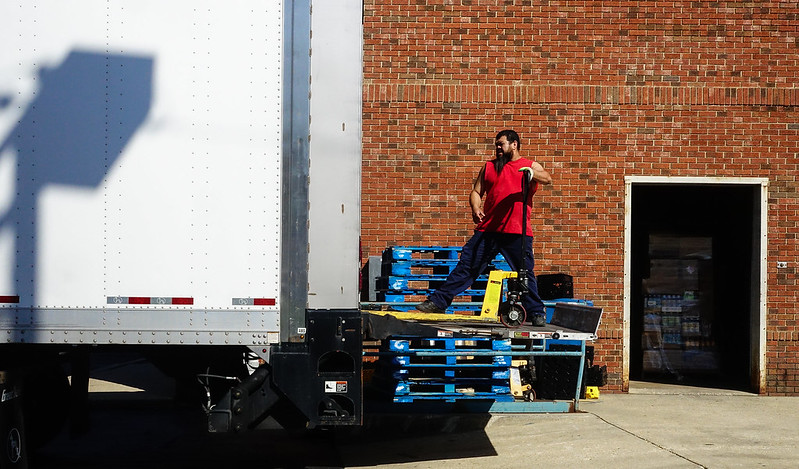This past week has been a tough one for workers. Six Supreme Court justices blocked OSHA’s vax-or-test Emergency Temporary Standard – signaling just how much they care (and understand) about protecting our nation’s workers from the raging COVID-19 pandemic—i.e., not much. In shamefully ignoring and undermining OSHA’s clear statutory duty to protect workers from a recognized hazard, these justices have placed countless lives and livelihoods at risk. And also shown their willingness to substitute their own judgement for the expertise and authority of agencies created and entrusted with protecting our health and safety. For a smattering of the generated outrage and commentary, see here, here, here.
Other workers are dealing with a different “C” hazard this past week or so. Like the bone-chilling COLD that has blasted the Northeast (a cold emergency in my fair city); the snow that stranded motorists in Virginia; the deadly winter storm that has slammed the South and Northeast, leaving tens of thousands without power and wreaking havoc on our roadways. Think about them – working their butts off outdoors to keep us safe, warm, supplied, and in the know. Utility workers, snow plow operators and public road workers, emergency response crews, mail carriers, delivery workers, transportation workers, agricultural workers, and every health care warehouse, and retail worker who braved the dangerous cold, snow, and ice to get to work. So – when you see them, thank them – and, if they arrive at your home, offer them something warm to drink.
So? Why Am I Thinking About Heat?
Well, partly because it’s cold outside and because I recognize how lucky I am to have and work from a warm home. But the real reason is because the comment period for OSHA’s Advance Notice of Proposed Rulemaking (ANPRM) on heat is rapidly coming to a close. Comments on the ANPRM to protect indoor and outdoor workers from heat hazards must be submitted by January 26, 2022.
I and my former colleagues at the Union of Concerned Scientists (UCS) have written previously about the occupational hazards of extreme heat and the dire need for a specific heat standard (see, for example, here, here, here, here). And UCS has also developed resources and tools for participating in federal rulemaking.
It may be cold outside, but now’s the time to make our voices heard on the need and our strong support for OSHA heat standard. Let’s add another “C” to our list of workplace issues to take action on this week: COVID, COLD, AND the COMMENT period.
Kathleen Rest is the former Executive Director of the Union of Concerned Scientists.
